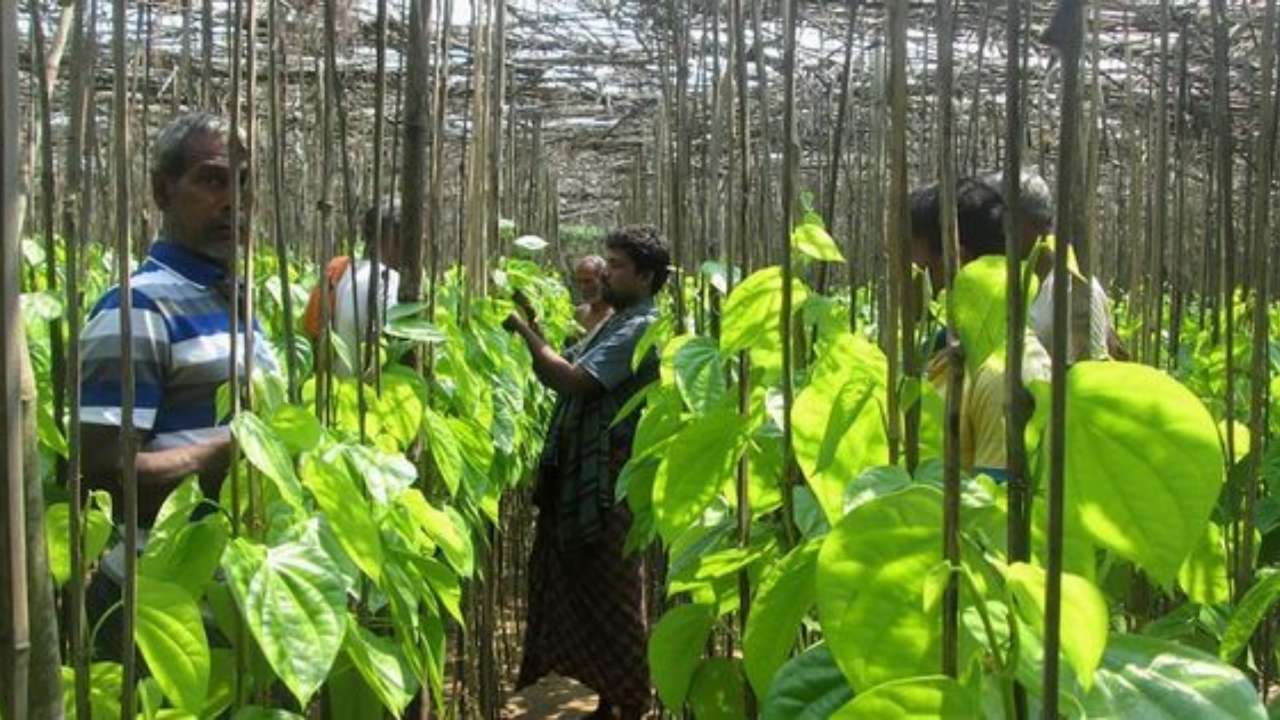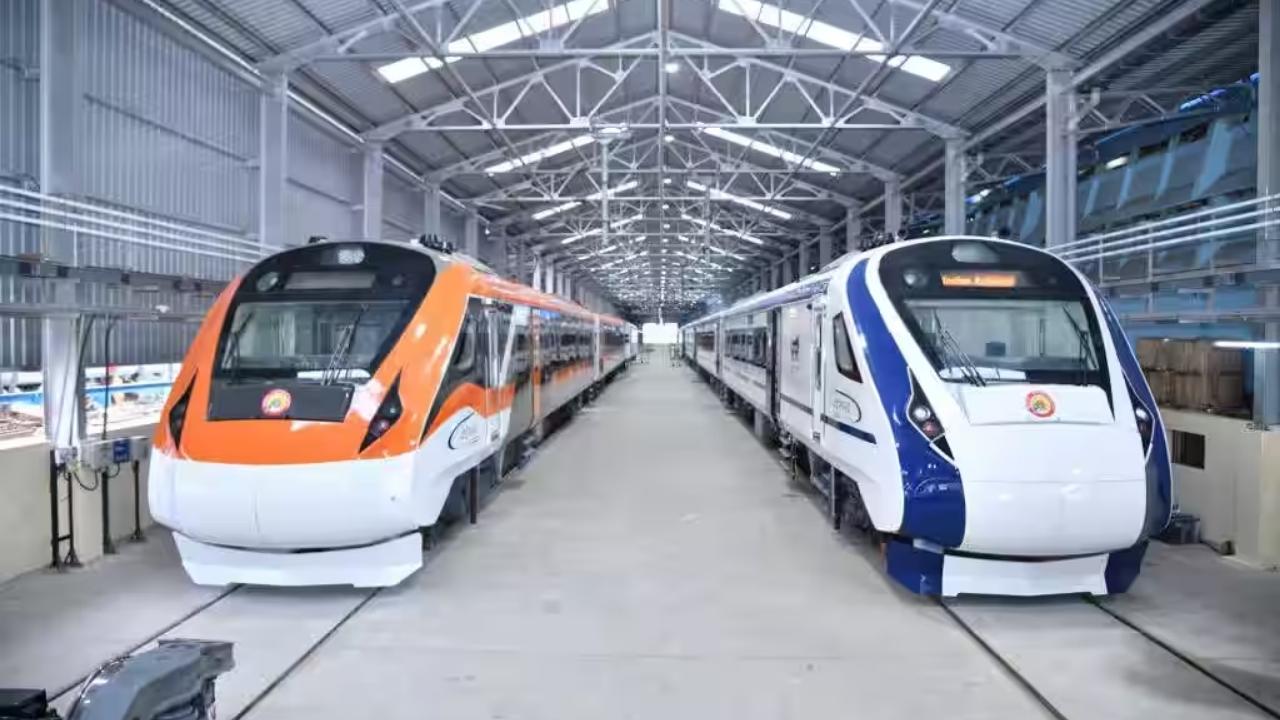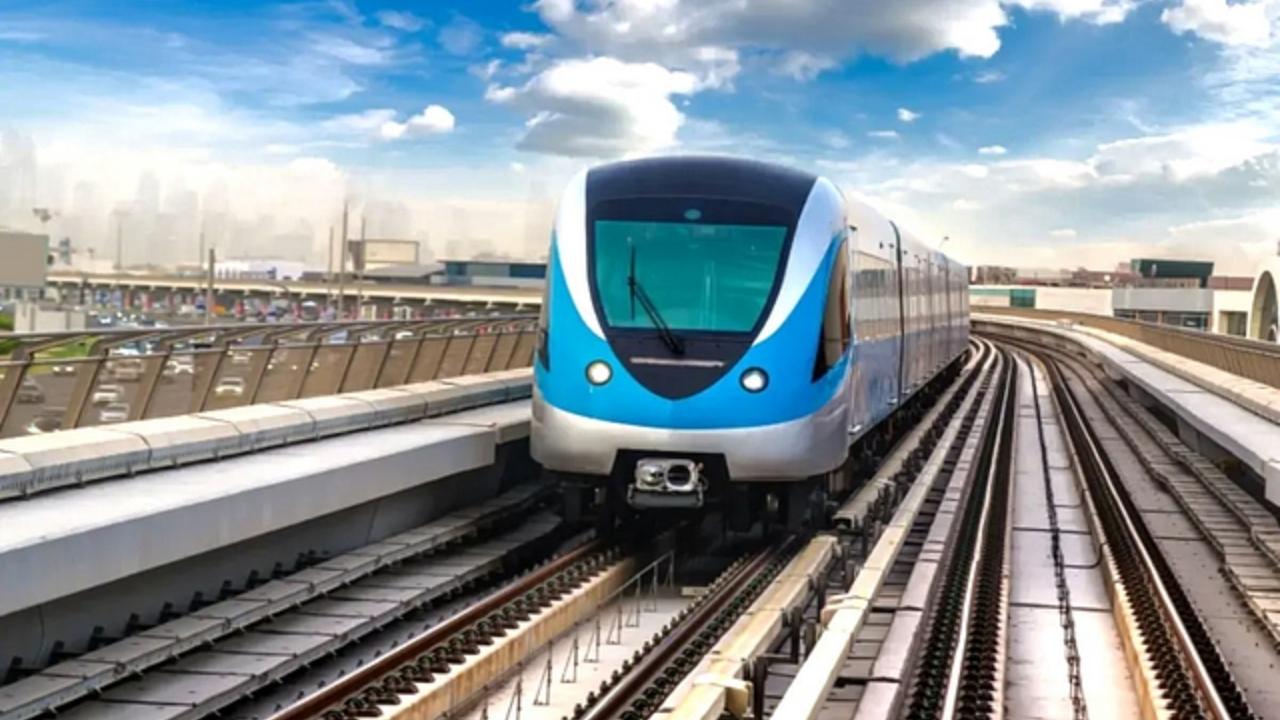Odisha, one of India’s most culturally rich states, is taking a bold step toward revolutionizing higher education. Starting in 2025, students in Odisha will have access to a groundbreaking set of skill-based degree programs that combine academic learning with hands-on vocational training. These programs are designed to equip students with the real-world skills needed to thrive in today’s competitive job market.
The new initiative is a direct response to the demands of the National Education Policy (NEP) 2020, which emphasizes the integration of vocational training into formal education. By offering these apprenticeship-embedded degree programs (AEDPs), Odisha aims to bridge the gap between academic knowledge and industry expertise, giving students an edge in fields such as logistics, banking, hospitality, human resources, e-commerce, and more.

In this article, we will break down everything you need to know about Odisha’s skill-based degree programs. From course offerings and industry collaborations to benefits for students, this guide will help you understand how these programs will shape the future of higher education in the state. Whether you’re a student, a parent, or an educator, this article is packed with useful information and practical advice.
Odisha’s Higher Education Institutions
| Key Fact | Details |
|---|---|
| Launch Date | 2025-26 academic session |
| Number of Institutions | 30+ (22 colleges, 2 universities) |
| Courses Offered | B.Com in Logistics, Banking, HR Operations, E-commerce, and more |
| Collaborations | Industry partnerships with Board of Practical Training (BOPT) |
| Focus | Skill-based learning with on-the-job training |
| Impact on Employability | Enhanced job readiness and industry relevance |
Official Website for More Information
Odisha’s introduction of skill-based degree programs in 2025 marks a transformative shift in the state’s higher education landscape. By combining academic knowledge with hands-on apprenticeship training, these programs promise to better prepare students for the challenges of the modern workforce. Whether you’re aiming for a career in logistics, banking, retail, or hospitality, these programs will equip you with the skills and experience needed to succeed in your field.
As these programs roll out, it’s clear that Odisha is setting a new standard for higher education that’s focused on practical skills and employability. For students, this is an exciting opportunity to gain a competitive edge in a world that values experience just as much as academic achievement.
Understanding the Skill-Based Degree Programs
In simple terms, skill-based degree programs are designed to teach students not only the theory behind a subject but also the practical skills that they can apply directly in the workplace. These programs focus on industry-relevant skills that employers value, giving graduates an immediate advantage when entering the job market.
Starting in 2025, Odisha’s higher education institutions will roll out Apprenticeship-Embedded Degree Programs (AEDPs). These will be offered by over 30 universities and colleges, including well-known institutions like Rama Devi Women’s University and Ravenshaw University. AEDPs are structured to include internships or apprenticeships as part of the curriculum, meaning students will spend time learning on-the-job while still earning academic credits.
A Sneak Peek at the Courses
The courses available will cover a wide range of fields, including:
- B.Com in Logistics Management – For those interested in the fast-growing logistics sector.
- B.Com in Banking, Financial Services, and Insurance (BFSI) – Perfect for students looking to break into the banking or financial industries.
- B.Com in Retail Operations Management – Ideal for those eyeing a career in retail management and operations.
- B.Com in Human Resources (HR) – A solid option for aspiring HR professionals.
- B.Com in E-commerce Operations – A great fit for the digital age, focusing on managing online businesses.
- B.Sc/BA in Food Science and Hospitality Operations – Tailored for students interested in the booming hospitality industry.
These programs offer an excellent mix of academic theory and hands-on experience, designed to prepare students for the demands of their chosen careers.
The Power of Apprenticeships
One of the most exciting aspects of these new degree programs is the inclusion of apprenticeships. Apprenticeships are essentially a paid learning opportunity where students work in real-world environments, gaining experience and earning money at the same time. This model has proven successful in various industries worldwide, and its integration into higher education is a game-changer for Odisha.
The key advantage of an apprenticeship is that students can apply the concepts they’ve learned in the classroom to actual work situations. For example, a student studying e-commerce operations might work with a leading e-commerce company as part of their course, gaining practical experience in areas like digital marketing, supply chain management, and customer service.
Not only does this help students build valuable industry experience, but it also makes them more marketable to employers. The more hands-on experience you have, the more likely you are to stand out from other job candidates.
Why Industry Collaboration is Crucial
The success of these programs hinges on strong collaborations with industry leaders. Odisha’s higher education department is working closely with organizations like the Board of Practical Training (BOPT) to ensure that the course content aligns with industry standards. This collaboration guarantees that the skills students learn are relevant and up-to-date.
For example, the B.Com programs in banking and finance will likely be developed with input from top banks and financial institutions, ensuring that students are prepared to meet the needs of today’s fast-changing financial landscape.
What Does This Mean for Students?
For students, these skill-based degree programs offer a unique opportunity to gain industry-ready skills while still earning a degree. Here’s how these programs can benefit students:
- Improved Employability – Employers are always looking for candidates who have practical, real-world experience. Students who complete AEDPs will have an edge over others who only have theoretical knowledge.
- Hands-On Experience – The apprenticeship model ensures that students get real-world exposure in their field of study. This makes the transition from college to career much smoother.
- Industry Recognition – Completing a program in partnership with recognized industry leaders can give students a significant boost when applying for jobs. Many companies prefer to hire candidates who already have industry connections.
- Higher Earning Potential – Students who graduate with both a degree and practical experience often find that they can command higher starting salaries compared to their peers.
How These Programs Fit into the National Education Policy (NEP) 2020
The introduction of skill-based degree programs in Odisha is closely tied to the goals of the National Education Policy (NEP) 2020. One of the core tenets of NEP 2020 is to integrate vocational training with academic education to help students gain marketable skills.
The NEP envisions a shift toward multidisciplinary education, where students are encouraged to explore various fields and gain a broad set of skills. This is exactly what these apprenticeship-based programs aim to achieve. By combining vocational training with a formal education framework, Odisha is ensuring that students are equipped to meet the needs of an ever-changing job market.
Example: A Day in the Life of a Skill-Based Degree Student
Imagine you’re a student enrolled in the B.Com in Logistics Management program. Your day might start with a few hours of theory classes, learning about the principles of supply chain management. In the afternoon, you head to your apprenticeship at a logistics company, where you spend time helping with the organization of warehouse operations or managing inventory.
As you move through the program, you gain a deeper understanding of logistics while simultaneously gaining the practical experience employers are looking for. By the time you graduate, you’ll be well-prepared to enter the workforce in a logistics management role.
FAQs
1. What is an apprenticeship-embedded degree program?
An apprenticeship-embedded degree program is a course where students combine academic learning with real-world job training. Students work with industry partners to gain hands-on experience while earning academic credits.
2. Who can apply for these programs?
These programs are open to students who are seeking higher education in fields like logistics, banking, e-commerce, HR, and more. Most programs will be available to students who have completed their 12th grade.
3. How will apprenticeships affect my education?
Apprenticeships will provide you with real-world experience, helping you apply what you’ve learned in the classroom to practical situations. This experience will be valuable when you start your job search after graduation.
4. How do these programs align with NEP 2020?
These programs are in line with NEP 2020’s focus on integrating vocational training with academic education. They provide students with skills that are directly relevant to the job market, helping them become more employable.
5. Where can I apply for these programs?
You can apply through the SAMS Odisha portal at degree.samsodisha.gov.in.





